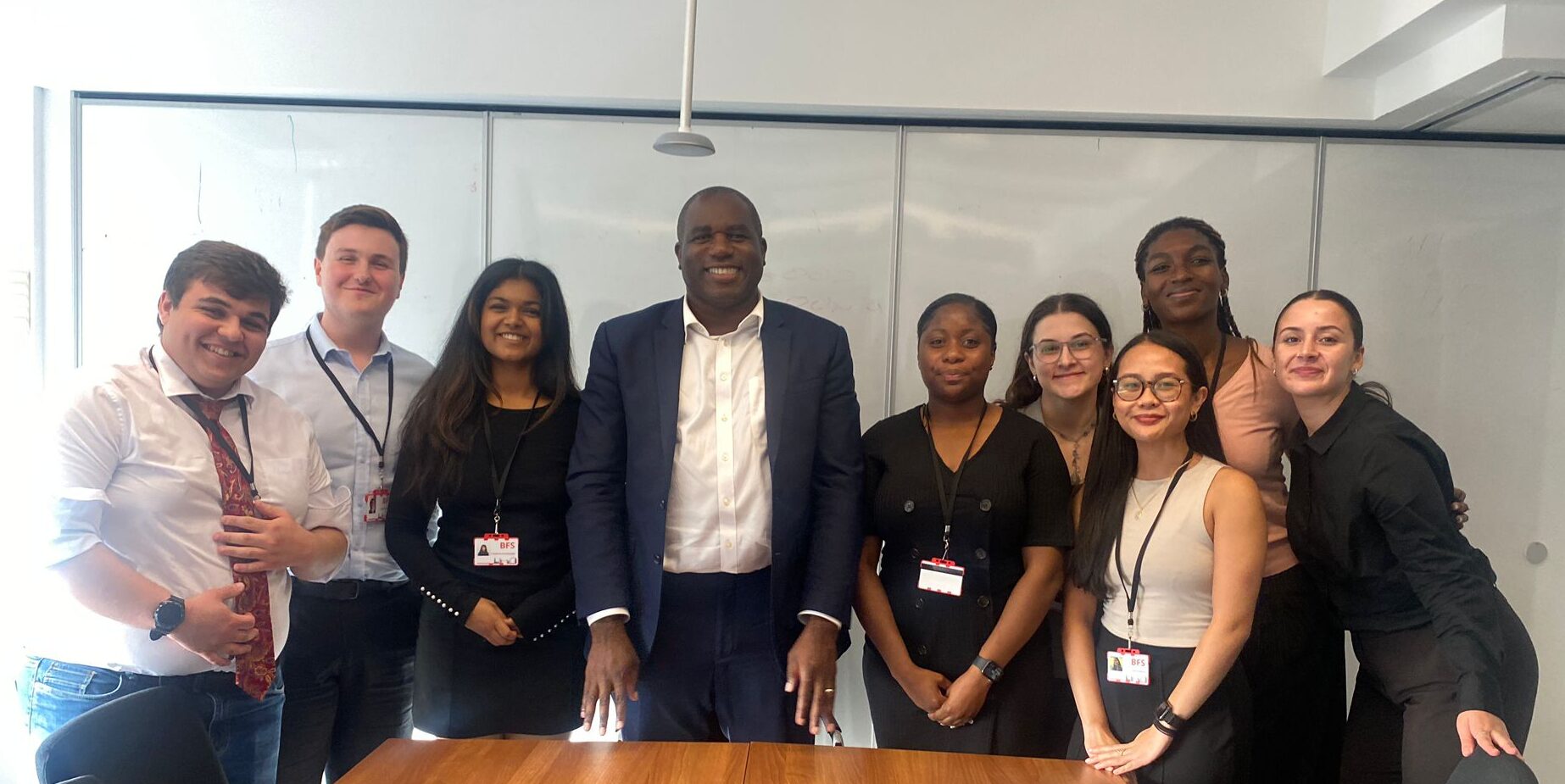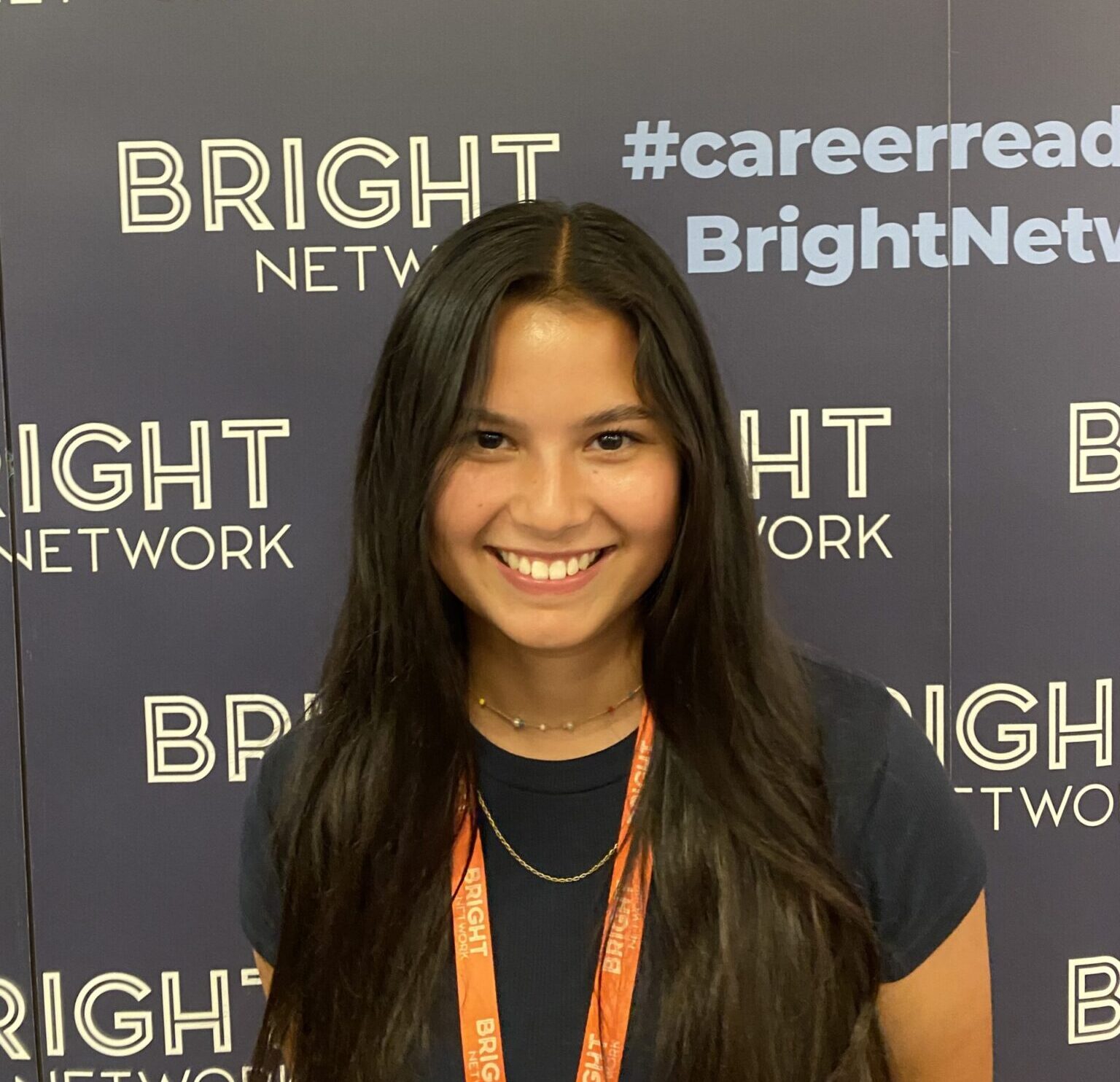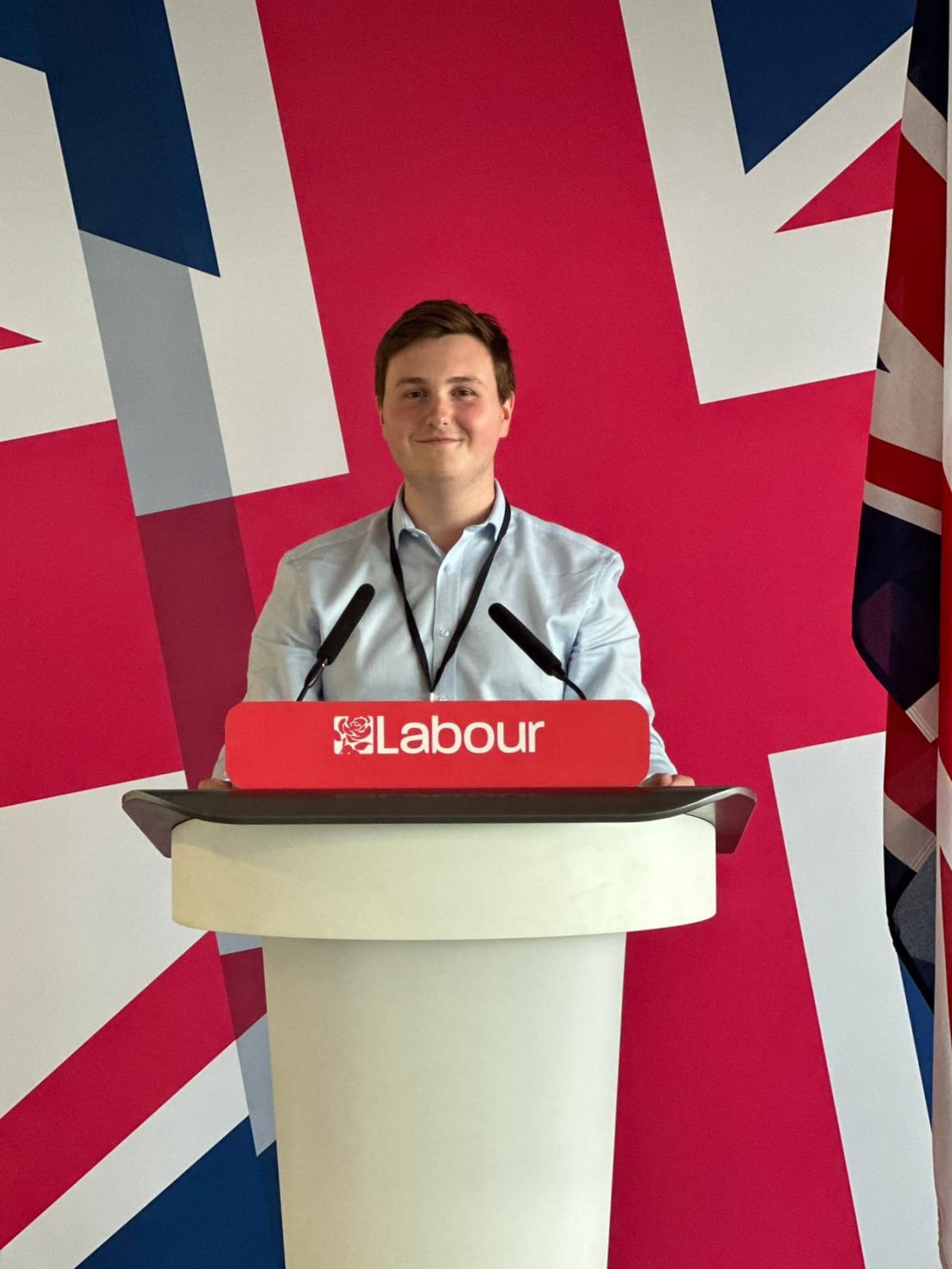“The biggest impact Patchwork has had on my life, is it has bridged the gap between having potential and being able to fulfil it, putting you in the right places at the right time, providing opportunities for you to improve yourself but also improve things for others…”
Ekansh Sharma is a Patchwork Foundation Masterclass 2019 graduate. Upon finishing sixth form, Ekansh decided not to go to university but instead started his working career in a housing association’s community investment program. After several years he then joined Accenture on their degree apprenticeship program gaining skills as a Technology Consultant. He uses this experience to bang the drum for apprenticeships, holding a number of advisory positions including as non exec director at a global training provider and sitting on the apprenticeship stakeholder group within the Department of Education.
Hi Ekansh, what was your first experience of participating in local democracy?
In sixth form I remember we had a maths teacher that would make us copy notes out of the textbook, which is a really poor way to learn, so I started a petition to get the teacher replaced. Eventually every taught by the teacher had signed the petition and I subsequently had meetings with the Headmistress about teaching methods.
Your first role was in the housing sector which was completely new to you, how did you quickly get to grips with all the new knowledge that was required?
I’ve always thrived under pressure. I was also fortunate to have a supportive manager. You have to not be shy and get involved, ask for more responsibility or in the other hand tell people when you are overloaded with work. In the world of work no one can read your mind, so you have to make your expectations clear. Anything else is a recipe for disaster.
Why did you then choose to go down an apprenticeship route?
I’ve always been more of a practical learner and when I looked into options other than university, I realised a degree apprenticeship offered me everything I was looking for. You get a salary, you have no student debt and you also get experience whilst learning. It worked well for me though because I already had specific career goals in mind. You have to be driven and want to do it though as you have to motivate yourself. Imagine doing a Bachelor’s degree in the same time as a normal student, but working full time around that learning. Time management is key.
Your current role involves working all hours with teams covering different time zones, how do you stay organised?
Microsoft To-do is the best invention ever, especially as it integrates with Outlook. Otherwise set out time for yourself. For example, I set aside 20 minutes in the evening purely to respond to emails – I don’t like responding to things ad hoc. You have to be honest with yourself however and don’t cover up any mistakes as that will only make things worse. Ultimately you have to make the most of the current opportunities you have.
The teams you work with change often, what ways have you found to overcome the ‘new person’ barrier?
At an event I heard the phrase ‘Act like a groupie you will get treated like a groupie, act like someone important and you will get treated like someone important’. You have to be a people person though and personally I like to make a joke out of being the new person to bring other people’s barriers down. Also, it is important to have socials as well where people are then more likely to be willing to help. Everyone knows you’re new so don’t be shy, and if they don’t know you are new, let them know.
You’re hoping to run as a local councillor soon, what issues are you passionate about?
Social mobility is very close to my heart. My mother worked really hard, starting off as an immigrant farm worker and then progressing in her career to give me everything I’ve had. The ability for someone to work hard and progress, not just be stuck into your social life because you were born into it really resonates with me. Secondly, it would be greater representation and more access to opportunities for everyone.
What advice do you have for people that want to campaign on a specific issue?
Talk to people, email people. A really useful Masterclass taught me to compliment people, even if it is just complimenting what they said, then a few weeks later follow up with an ask for them. Don’t be scared to reach out and ask for support or information, not just with MPs but anyone who interested in campaigning in similar things. Many people are put off making that first step that is figuring out ‘how do we do this? Most people may ignore you, but not everyone will.
You’ve held a number of high-profile positions already in your career, how can Patchworkers get appointed to similar roles?
Network, network and network. For most, if not all, of the roles I have held I have been invited on to them after simply talking to someone that works within the team. Networking is a transactional relationship though, so when you talk to people you have to make sure you let them know what you are bringing to the table and how you can be helpful to them.
What has Patchwork has taught you?
Patchwork has been an invaluable resource. It has allowed me to meet a whole load of really inspiring people, some of whom I am in contact with regularly. It’s expanded my network massively. The Patchwork team has also always been there for me if I have ever needed any support. Ultimately Patchwork is like an extended family – whenever I have reached out someone has always been there.
Finally, what advice would you give to yourself when starting out in your career?
Don’t care as much about what other people think of you. It took millions of years of evolution to make you, so don’t try and change who you are. Just be confident, honest to yourself, speak out and always tell yourself you belong as you wouldn’t be in the room if you didn’t.
To get in touch with Ekansh please contact the Patchwork Foundation. His LinkedIn is https://www.linkedin.com/in/ekanshsharma127/
Stay updated
Join our mailing list to stay up to date with all the latest!
Latest news
Testimonials




